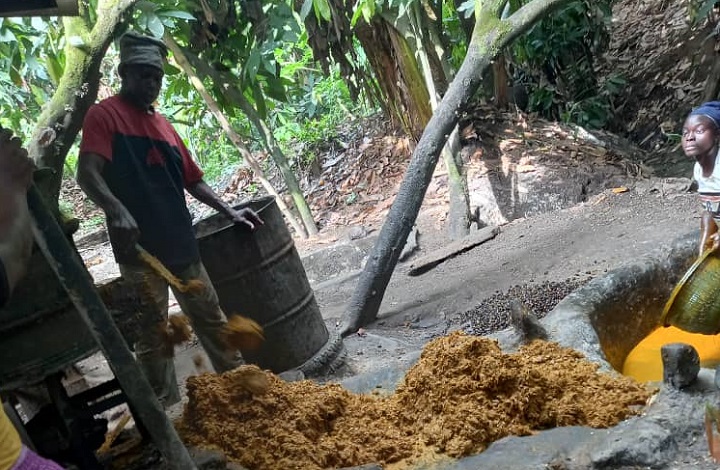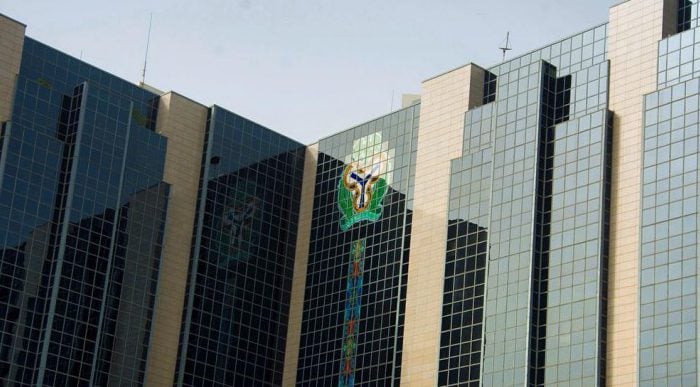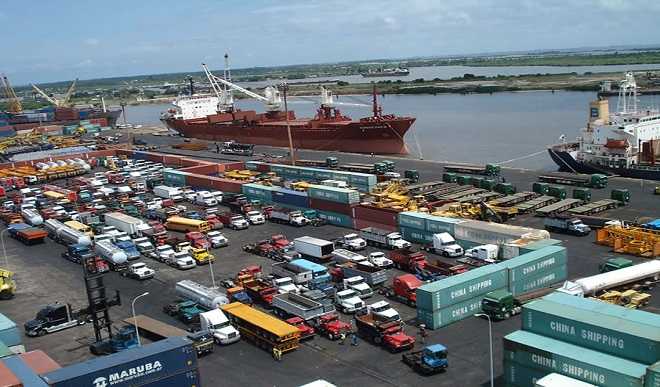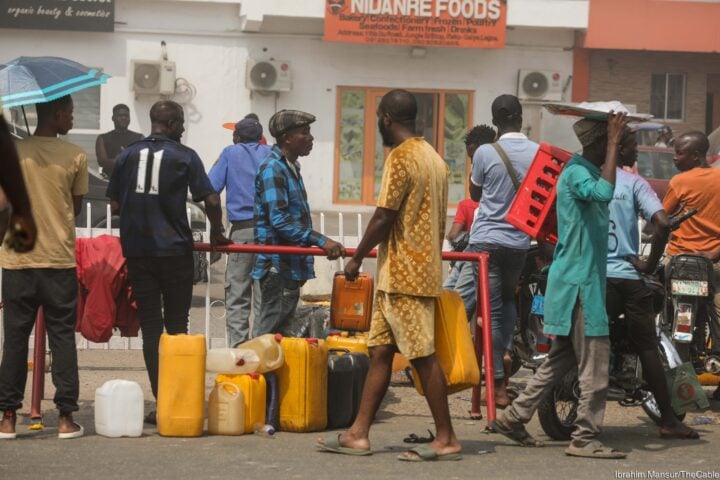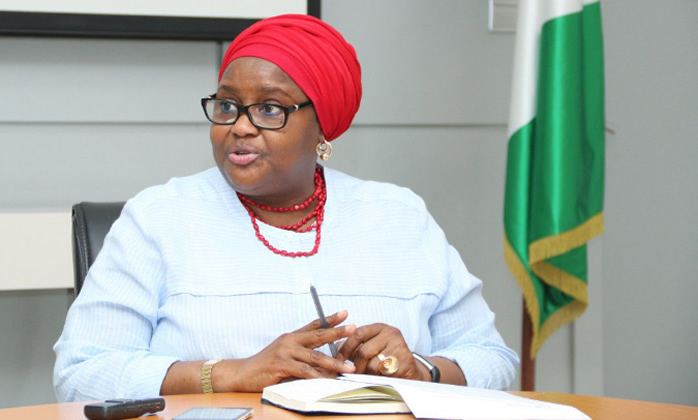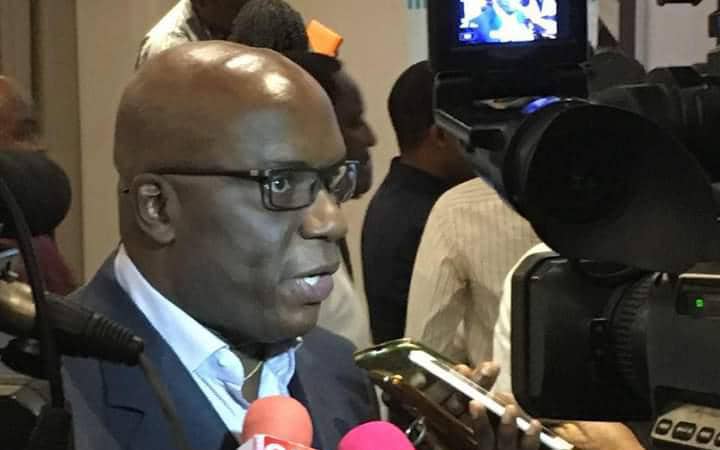On a chilly Wednesday morning in Atakumosa East LGA of Osun state, Isaac Obadare and a member of his staff were working tenaciously towards the production of seven 25kg kegs of palm oil.
The female worker was washing the fruits inside a pit — the local presser — while Obadere was operating the digester — a machine used to crush sterilised palm fruits to fruit pulp.
After a few minutes, Obadare left the digester and pointed to the palm trees, using their heights to highlight the differences between hybrid and “local” seedlings.
Obadare lamented his limitation in accessing hybrid seedlings which, he says, are more productive in terms of growth, tree health, quality and quantity of the produce.
Advertisement
The farmer said he uses an “outdated” mechanical digester, adding that he would produce in larger quantities and faster if he has access to the production machinery obtainable in countries like Malaysia and Indonesia — Nigeria’s counterparts in the global palm oil industry.
According to a PWC report, Nigeria is the fifth largest producer of palm oil in the world, with less than 2% of total global market production of 74.08 million MT.
Malaysia and Indonesia, combined, produce approximately 80% of the total global output, with Indonesia alone responsible for over half.
Advertisement
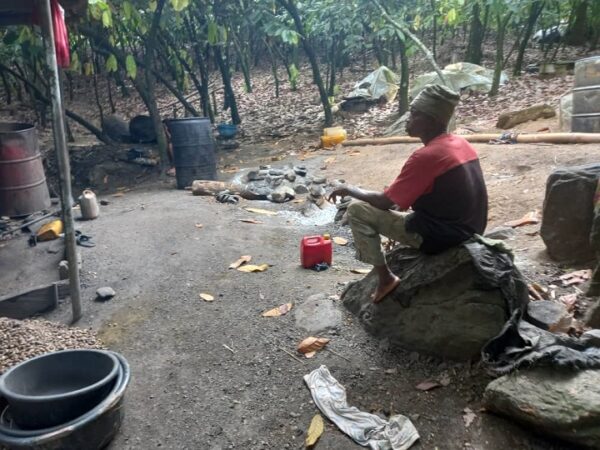
“It is not that I can’t produce more than I am doing right now but where is the money, where is the land? The seedlings are not even there,” he said.
“Palm oil business is capital intensive and [those of us] who have small scale farms like this cannot survive without help, whether from the government or from any other non-governmental organisation.”
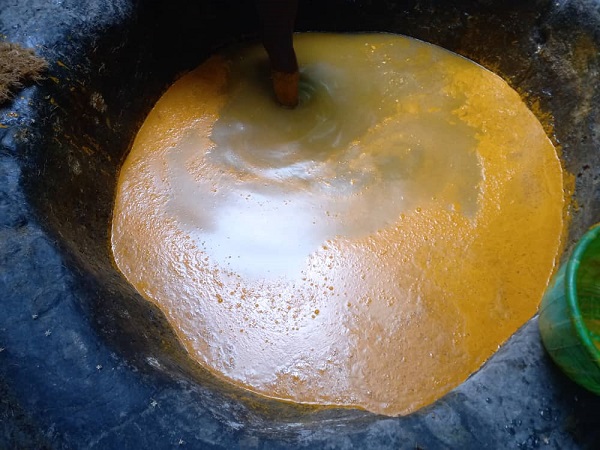
Christopher Robert, another farmer from Ika North-East LGA in Delta state, says he has been in the business of palm oil production for 25 years.
He listed the problems faced by small scale farmers to include inaccessibility to funding for productive seedlings, modern machinery and lack of adequate regulation.
Advertisement
Robert also lamented the influx of foreign-produced palm oil in the market, adding that this trend makes business hard for himself and other farmers.
“The biggest challenge is that we don’t have funds coming from any external bodies. So, we are dependent on what we can put in. And sometimes, our input is so low that our output is so small,” he said.
“The prices fluctuate that it becomes unpredictable knowing when to store, because it’s from storing that we make our money. If the prices are stable, when you produce, you can afford to keep some. At the end of the season when the price goes up, you can sell and make some money.
“But then the government gives licence to some importer, they bring in these products to flood the market. And once the market is flooded, then we make almost nothing.
Advertisement
“There is technology in existence but it’s out of the common man’s reach.”
VARIETIES OF SEEDLINGS
Advertisement
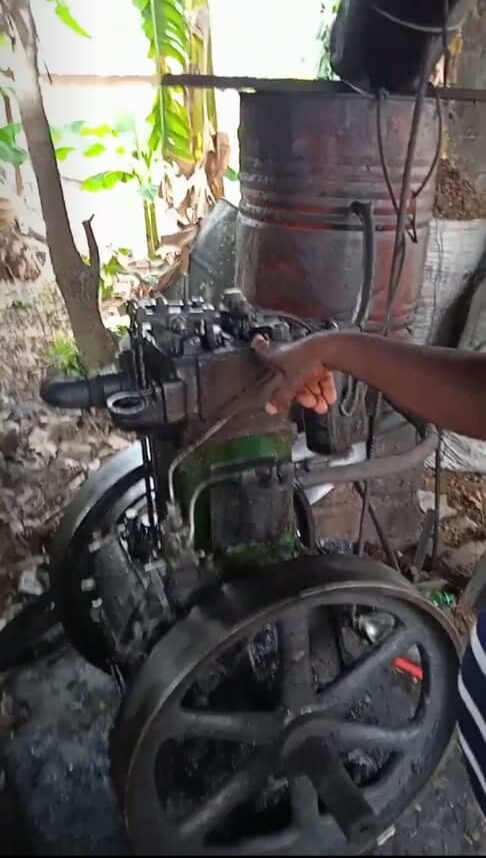
Robert said although there are different kinds of seedlings in the market, the federal government, through the Nigerian Institute for Oil-Palm Research (NIFOR), can make those with the highest quality accessible.
“We have the tenera, dura and pisifera. One is 30% kernel, 70% juice, the second one is 50% kernel, 50% juicy fruits, and the last one has 70% kernel and 30% of the juicy part,” he said.
Advertisement
“The majority of what we buy in the market now is 70% kernel and 30% of the juicy part. By the time farmer starts production, he gets almost nothing from his hard labour.
“We are really talking about 50% fruit and 50% kernel or 70% kernel and 30% of the juicy fruit so that by the time you expend yourself in production, you can smile to the bank.
Advertisement
“If the government is interested in assisting, they should start from the grassroots.”
When asked if he had made any attempt to tap into the federal government’s Anchors Borrower’s Programme (ABP), a scheme initiated for small scale farmers in 2015, Robert expressed scepticism about the initiative.
“Anchors Borrowers Programme is a story. We only hear them,” he added.
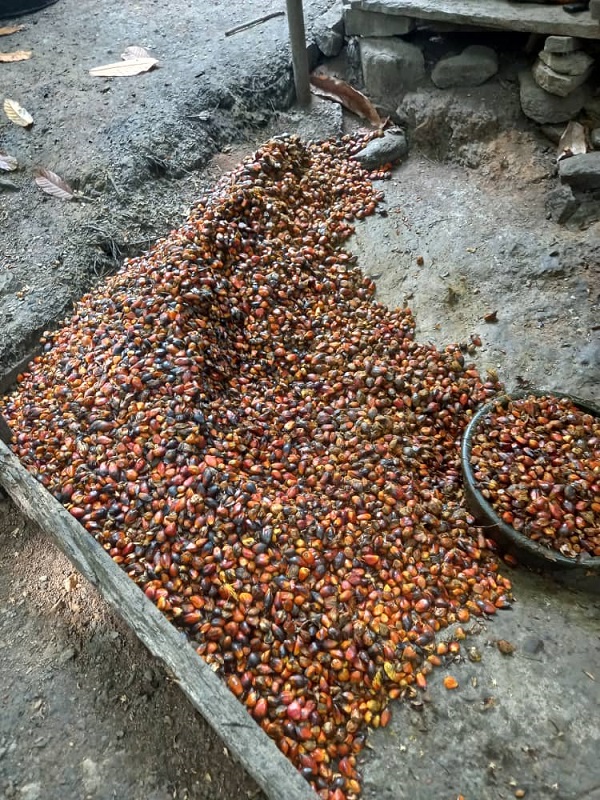
FG INTERVENTIONS MUST TARGET SMALL-SCALE FARMERS
The Central Bank of Nigeria (CBN), in 2015, launched the ABP to provide single-digit interest rates on loans to farmers through deposit money banks and other participating financial institutions.
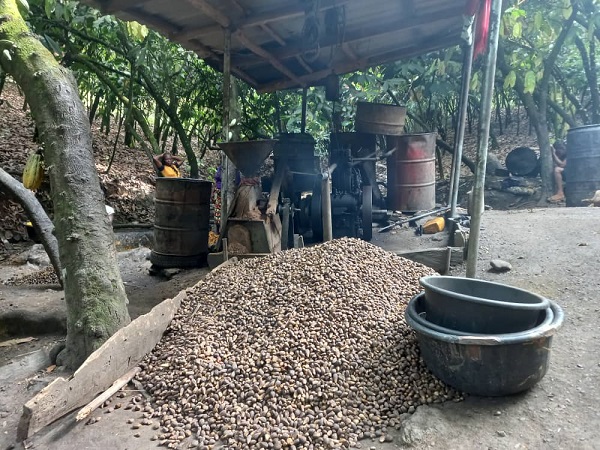
According to PwC, the country’s palm oil industry is largely dominated by small-scale farm holders, who account for over 80% of local production, while established plantations account for less than 20% of the total market.
“The dominance of small farm holders in the palm oil market has resulted in low output compared to the country’s production potential,” the PwC report reads.
“This is because local farmers’ manual harvesting techniques are outdated, which often results in significant wastages during the harvesting process.
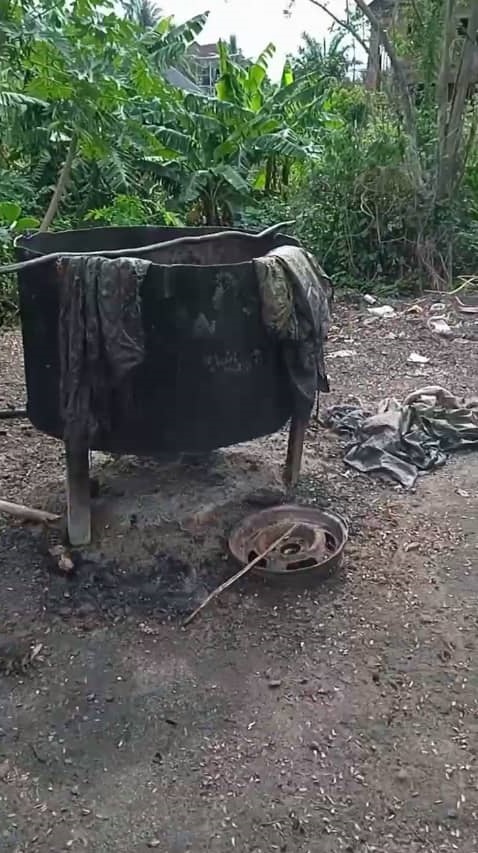
“In Nigeria, lack of investment in palm oil extraction technology and technical incompetence/inadequate training have resulted in poor management of palm oil plantations over the years, causing some of them to cease operations.”
In 2021, Niyi Adebayo, minister of industry, trade and investment, said the palm oil sector can grow Nigeria’s economy by $1 billion.
The minister announced plans by the federal government to collaborate with investors to implement a backward integration programme across key selected priority products, including palm oil, sugar, cassava starch, cotton textiles and garments.
But to achieve the envisaged objectives, small scale farmers like Robert and Obadare must directly feel the impact of the government’s initiative to enable the local palm oil industry thrive and produce enough for consumption and exportation.
Additional reporting by Dolly Eboigbe.
Add a comment

